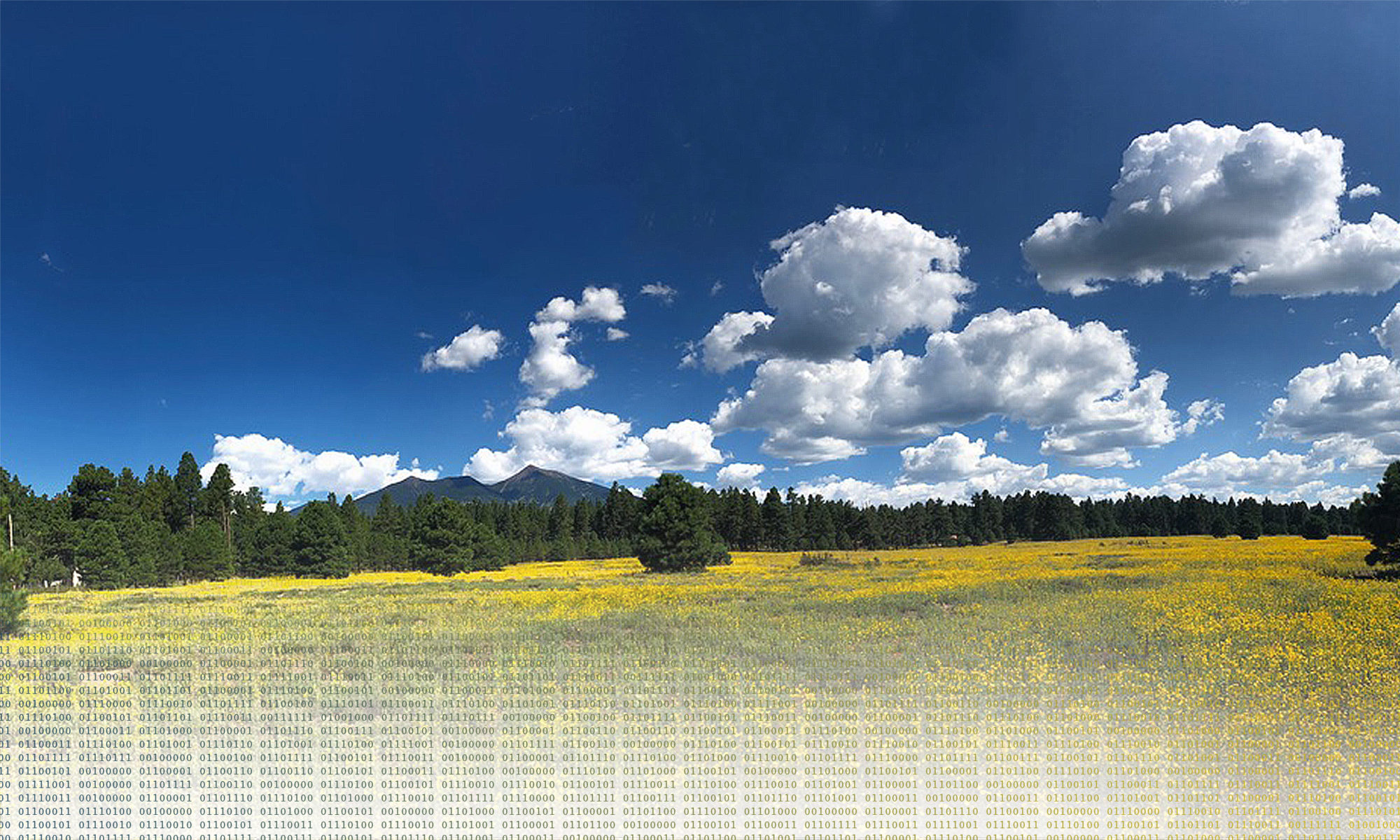Environmental Justice for Environmental Science
Abstract: As environmental scientists, we sometimes think about our research as informing efforts to promote environmental justice (i.e., environmental science for environmental justice). This framing can be true and often yields impactful science, but we can also benefit from flipping our perspective to consider how the concepts and principles of environmental justice can sharpen our work as scientists (i.e., environmental justice for environmental science). This seminar focuses on the idea that scientific research can be informed, strengthened, and even transformed through deep integration of environmental justice thought and practice. These ideas are brought to life using examples from long-term partnerships with Indigenous communities in North Carolina aimed at understanding the impacts of industrial livestock production, fossil fuel infrastructure, and climate change to wetlands and other culturally significant environments.
Bio: Ryan Emanuel is an associate professor of hydrology at Duke University and an enrolled member of the Lumbee Tribe of North Carolina. He studies the movement and status of water in the environment, and he is also interested in historical and cultural aspects of water with special attention to Indigenous peoples’ enduring relationships with rivers, wetlands, and other waterscapes. He partners with Indigenous communities to identify and address threats to culturally important waters that stem from pollution, climate change, and unsustainable development. He holds a Ph.D. in Environmental Sciences from the University of Virginia and is the author of the forthcoming book, On the Swamp: Fighting for Indigenous Environmental Justice.

